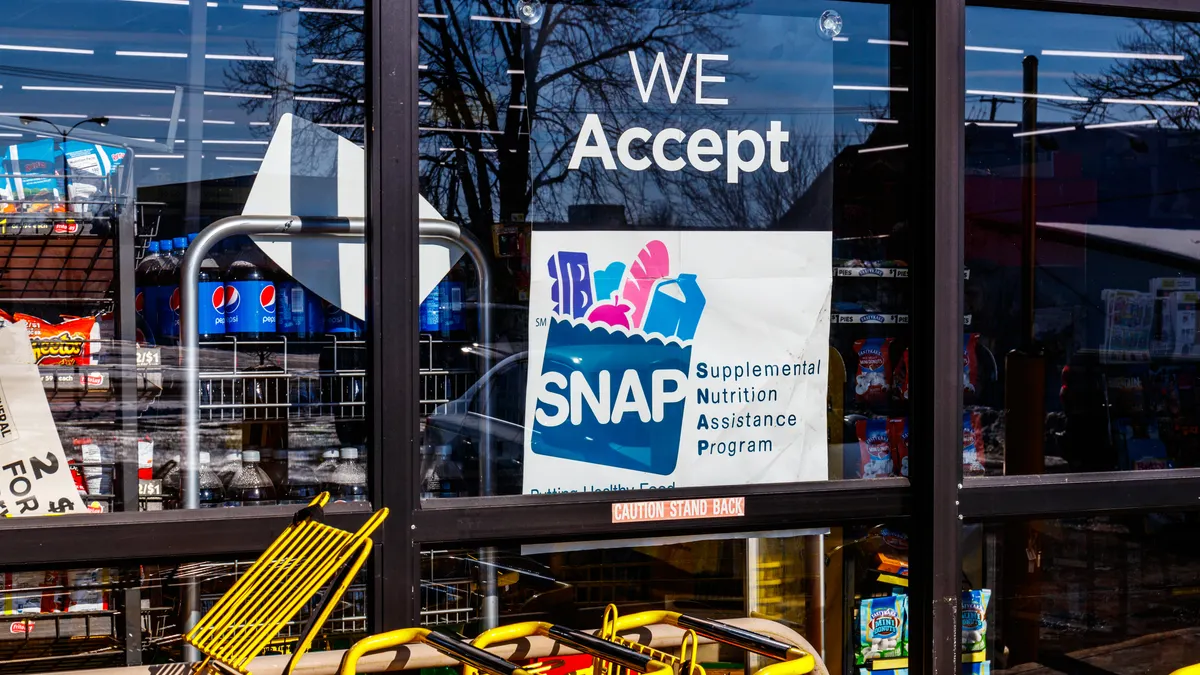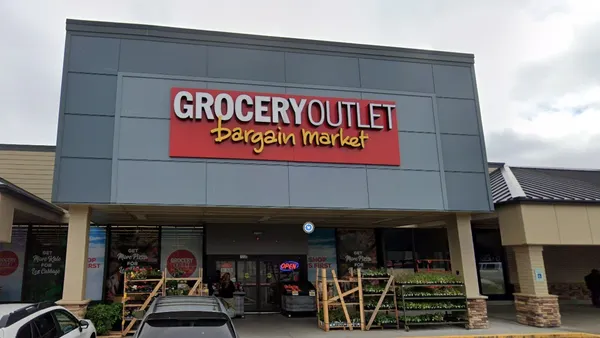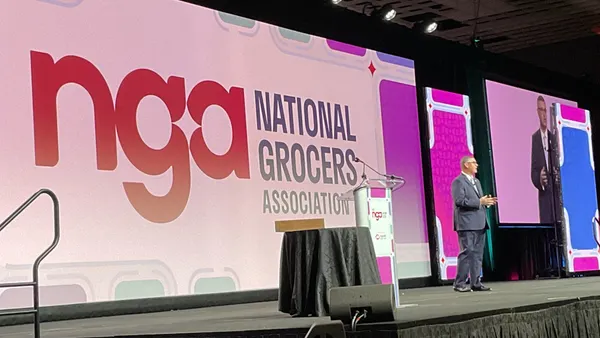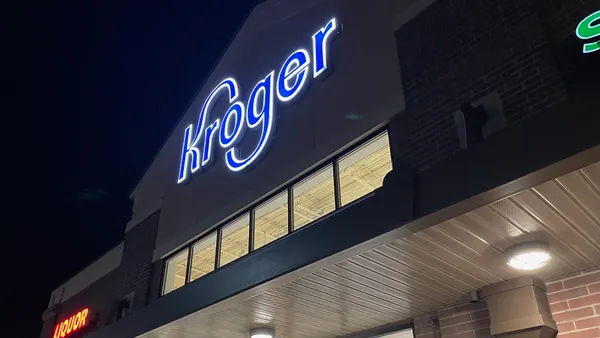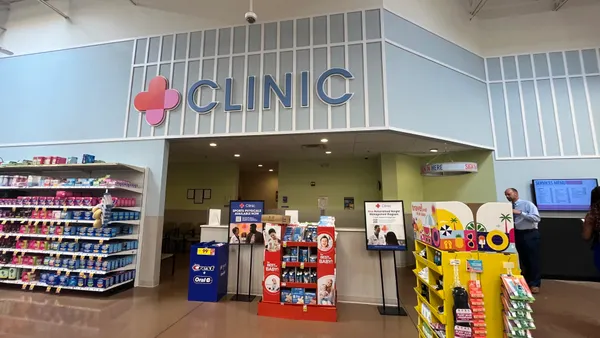Dive Brief:
- FMI – The Food Industry Association, the National Grocers Association and the National Association of Convenience Stores are pushing Congress to permanently ban fees on SNAP EBT transactions, saying they pose burdens to retailers and merchant processors.
- In a joint letter to the House and Senate agriculture committees, the trade groups urge Congress to enact the bipartisan Ensuring Fee-Free Benefit Transactions (EBT) Act in either a multi-year Farm Bill or other legislation.
- The letter notes that retailers already invest “significant” resources to participate in SNAP — including equipment upgrades and worker training — and that SNAP EBT should not be treated as a commercial payments system like credit and debit card markets.
Dive Insight:
Over 1,000 food retailers, as well as more than a hundred state associations representing the grocery, fuel and retail industries, signed the letter, which says that imposing processing fees on EBT transactions would be costly and unfair to SNAP-authorized retailers and could cause some consumers and stores to stop participating in the government nutrition assistance program.
FMI noted in a Monday blog post that fees on SNAP transactions can be especially burdensome for independent grocers.
“Retailers invest significant resources to participate in SNAP, including bearing the cost of equipment updates, software, training for store associates, and processing fees and other costs from retailers’ side of a SNAP EBT transaction,” Christine Pollack, vice president of government relations at FMI, said in a statement. “SNAP retailers should not then be assessed processing fees on top of these costs from a state’s side of a SNAP EBT transaction.”
Introduced in June by Rep. Shontel Brown, a Democrat, and Rep. Tony Wied, a Republican, the EBT Act would permanently ban state-side transaction fees being imposed on retailers and their merchant processors.
A pause on EBT transaction fees started in 2018 and was set to expire in 2023, but a Farm bill extension lengthened the moratorium.
“Processing fees on EBT transactions have long been prohibited and reversing that protection would hand windfall profits to payment processors while driving up the cost of food,” NACS Director of Government Relations Margaret Mannion said in a statement.
In fiscal 2024, approximately 12% of U.S. residents participated in the SNAP program, according to government data.


